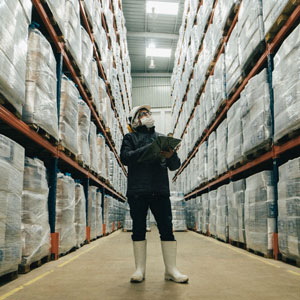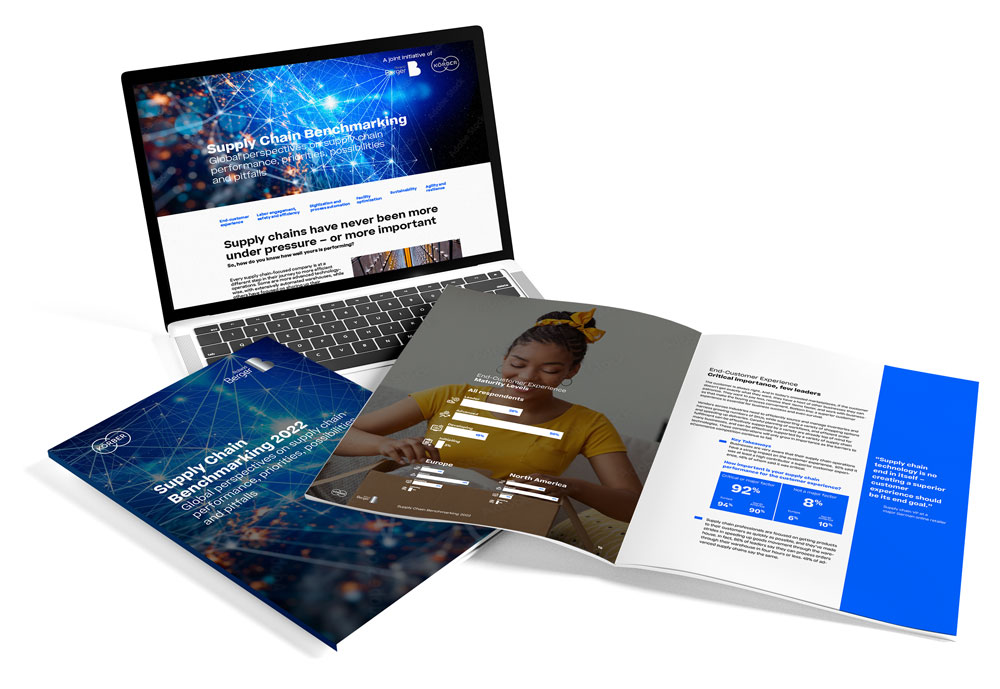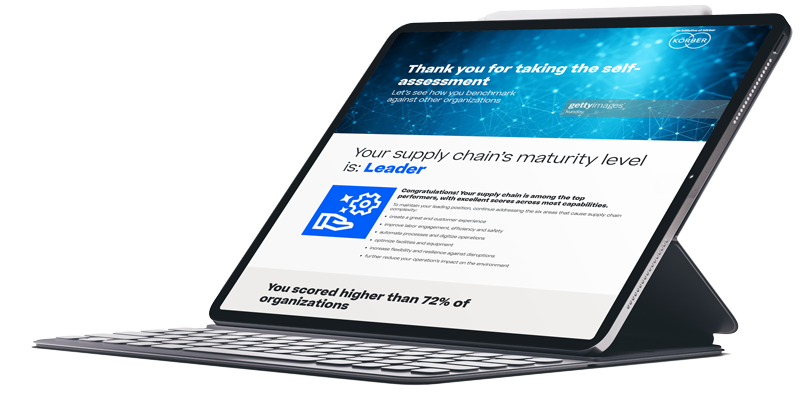
Build resilient supply chains to prepare for future disruptions
Visibility and flexibility are essential in today’s dynamic markets
Efficient supply chain operations are a critical success factor for businesses, regardless of size and industry sector. They are also subject to disruptions from both planned events like seasonal peaks and unplanned events like the Suez Canal blockage.
As businesses contend with COVID’s aftermath, building a resilient supply chain to mitigate the impact of future crises – or even just to remain flexible as customer preferences for how and when they buy evolve – has become a top priority.
Visibility, preparedness and scalability are essential to mitigating the changing conditions that accompany disruptions.
Key takeaways
What the survey shows, and what we can learn from it

48% of respondents feel prepared to handle unexpected demand fluctuations
Many supply chain professionals are confident they can address changing demand, for example through buffer inventory and temporary labor

79% of leading organizations have good visibility across their entire supply chain, but only 7% of advanced supply chains have good visibility across their network
Visibility is key to preparing for future disruptions, yet the majority of participants do not feel they have the required transparency up and down their supply chain

61% of advanced organizations say they have cybersecurity vulnerabilities despite security measures
Growing cybercrime is a key concern, as an attack on one system can impact the entire supply chain
Getting started
The key challenge of building an agile and resilient supply chain is that much of what businesses encounter is out of their control, but technology can support the process. By choosing solutions that scale and adapt with changing conditions, businesses gain the flexibility to implement the required operational changes.
How does your supply chain measure up?
Take this rapid self-assessment: gain instant insights and start determining priorities.
Our self-assessment takes just a minute to complete. It will help you determine how your supply chain performs and how it compares against other organizations. It also recommends which areas to focus on first.

About the supply chain benchmarking report
In late 2021, Körber Supply Chain commissioned international strategy consultancy Roland Berger to survey supply chain professionals across North America and Europe. Its goal was to benchmark the progress that companies are making against the six complexity factors. Based on their survey responses, respondents were grouped into four maturity levels:


